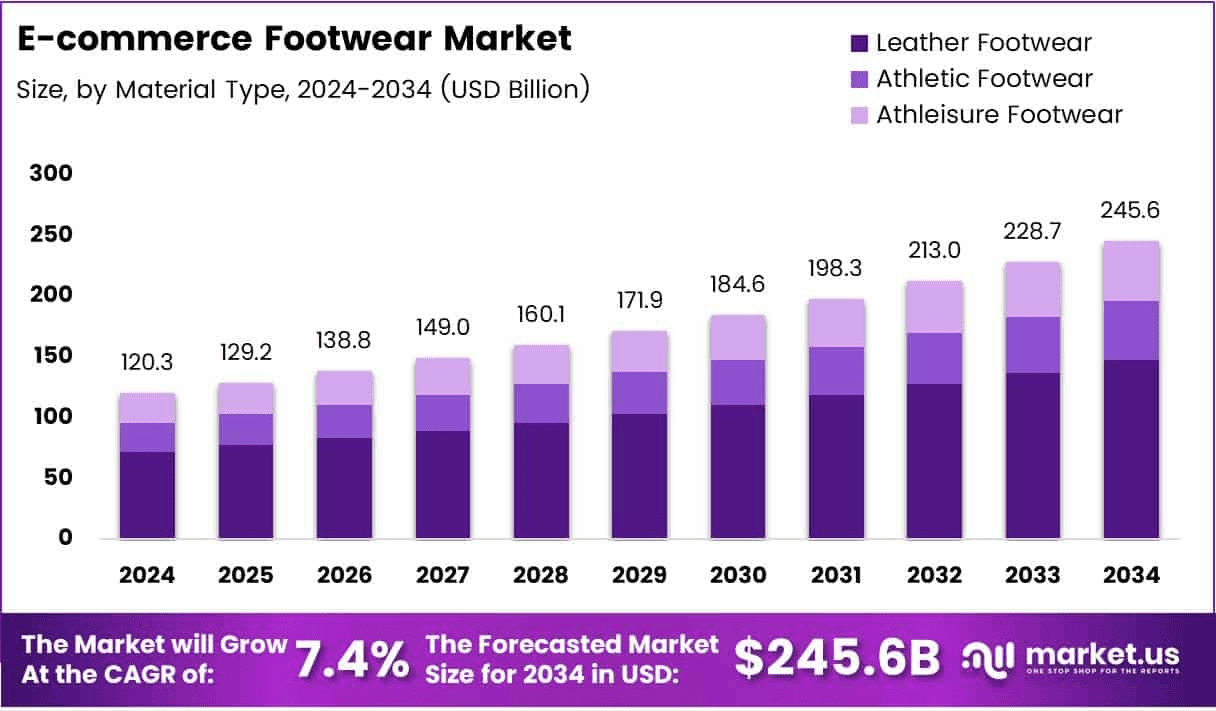FIFA Club World Cup 2025 - Revenue Distribution
So the best football club on the planet is…. Chelsea.
Many will argue otherwise, but we can make that assertion after the Blues defeated Paris-Saint-Germain 3-0 to win the inaugural edition of the shiny new FIFA Club World Cup.
Given that PSG had won the Champions League, while Chelsea were victorious in the far less regarded Conference League, this has to be considered as something of a surprise, though the result was thoroughly deserved on the day.
So, how did FIFA’s extravaganza work out?
The greatly expanded format featured 32 clubs, compared to just seven in the previous version in 2023.
Europe was awarded 12 slots, which was twice as many as the next highest continent, namely South America, with six. The confederations for Africa, Asia and CONCACAF (North America, South America and the Caribbean) were all allocated four slots, while Oceania was given one slot. The final place went to the host association, so CONCACAF ended up with five teams this time around.
It’s fair to say that the greatly expanded format of the Club World Cup has split opinions.
Former Liverpool manager Jürgen Klopp, now head of global soccer at Red Bull, was typically forthright in his criticism, “’The Club World Cup is the worst idea ever implemented in football”, adding, “This World Cup happens at the wrong moment for the wrong reasons.”
In contrast, former Arsenal manager Arsène Wenger, now FIFA’s chief of global soccer development, perhaps understandably supported his employer’s initiative: “I feel a Club World Cup is needed. If you make enquiries to all the clubs that were here, then 100 per cent of the answers would be that they would want to do it again.”
As would be expected, FIFA President Gianni Infantino believes that the tournament has been a great success, “Maybe some criticise it a little bit, but it’s something new. It’s something special. It’s a real World Cup with the best teams and the best players.”
Fans of clubs like Liverpool, Arsenal and Barcelona might not agree with El Presidente’s assessment, but European countries were restricted to two representatives, so they were excluded this time round.
Thanks to the generosity of streaming platform DAZN, who paid a thumping great $1 bln for a TV rights deal, even though other broadcasters had shown little interest, FIFA were able to create a massive prize pot for the event of the same amount.
Some cynical observers have noted that shortly after the agreement was signed, the Saudi Arabian Public Investment Fund (PIF) bought a 10% minority stake in DAZN for, you guessed it, $1 bln.
A week later, FIFA confirmed that Saudi Arabia would be the hosts of the 2034 men’s World Cup, though to be fair they were the only bidders.
The $1 bln revenue is split between a participation pillar of $475m and a sporting performance pillar (i.e. prize money) of $525m.
To place this into perspective, the FIFA Club World Cup’s €857m ($1 bln) revenue is around 40% of the UEFA Champions League’s €2.5 bln, but is more than the Europa League €565m and Europa Conference €285m combined.
The prize money would have been even higher in terms of Euros if the Dollar had not tanked in the last few months. For example, using the January high, the $1 bln prize pot would have been worth around €975m.
You may also like...
Diddy's Legal Troubles & Racketeering Trial

Music mogul Sean 'Diddy' Combs was acquitted of sex trafficking and racketeering charges but convicted on transportation...
Thomas Partey Faces Rape & Sexual Assault Charges

Former Arsenal midfielder Thomas Partey has been formally charged with multiple counts of rape and sexual assault by UK ...
Nigeria Universities Changes Admission Policies

JAMB has clarified its admission policies, rectifying a student's status, reiterating the necessity of its Central Admis...
Ghana's Economic Reforms & Gold Sector Initiatives

Ghana is undertaking a comprehensive economic overhaul with President John Dramani Mahama's 24-Hour Economy and Accelera...
WAFCON 2024 African Women's Football Tournament

The 2024 Women's Africa Cup of Nations opened with thrilling matches, seeing Nigeria's Super Falcons secure a dominant 3...
Emergence & Dynamics of Nigeria's ADC Coalition

A new opposition coalition, led by the African Democratic Congress (ADC), is emerging to challenge President Bola Ahmed ...
Demise of Olubadan of Ibadanland
Oba Owolabi Olakulehin, the 43rd Olubadan of Ibadanland, has died at 90, concluding a life of distinguished service in t...
Death of Nigerian Goalkeeping Legend Peter Rufai

Nigerian football mourns the death of legendary Super Eagles goalkeeper Peter Rufai, who passed away at 61. Known as 'Do...




